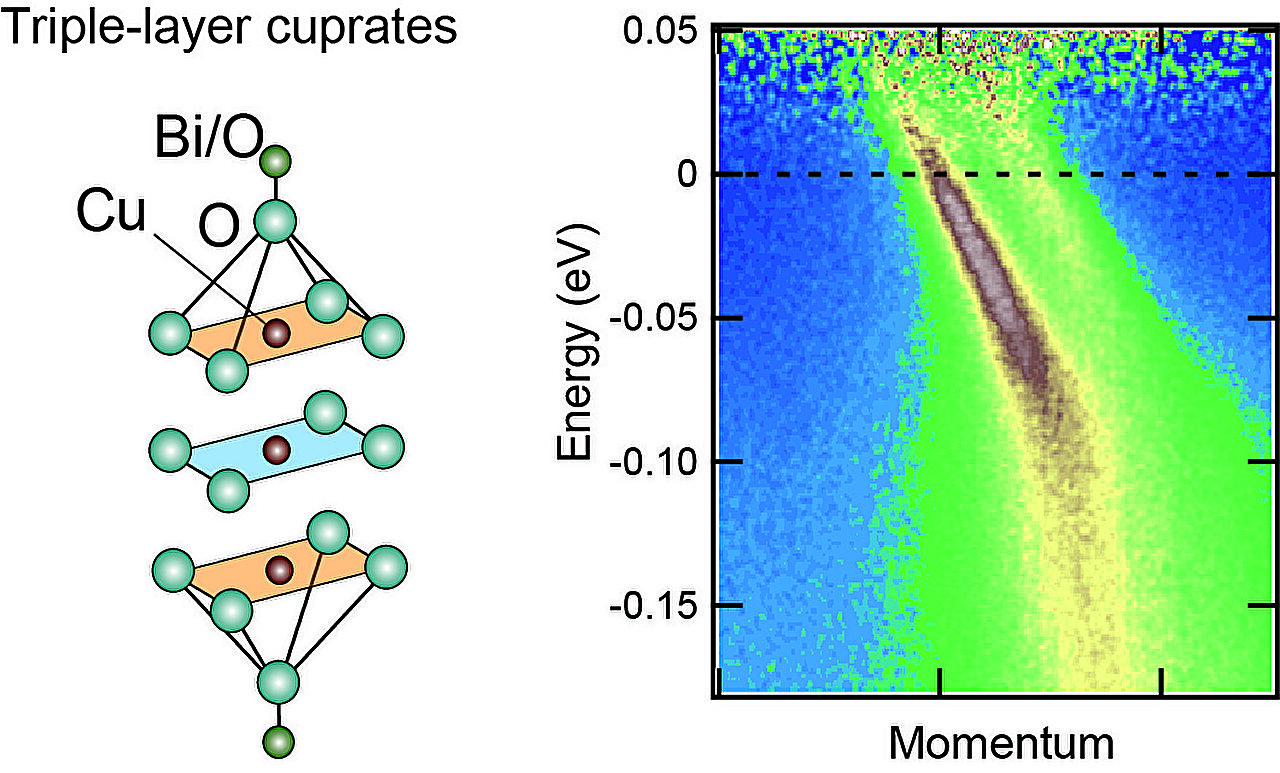Using various ground-based and space telescopes, an international team of astronomers has observed a recently discovered fast X-ray transient designated EP 241021a. Results of the multiwavelength observational campaign, published November 17 on the pre-print server arXiv, shed more light on the behavior and nature of this transient.
Fast X-ray transients (FXTs) are bursts in soft X-rays lasting from a few hundred seconds to several hours. They are very difficult to detect because they occur at unpredictable locations and times and their activity is very brief. Moreover, their nature is still puzzling. However, astronomers trying to explain their origin take into account several scenarios; for instance, stellar flares, supernova shock breakouts, and long gamma-ray bursts (GRBs).
EP 241021a is an FXT detected on October 21, 2024, with the Wide-field X-ray Telescope (WXT) onboard the Einstein Probe (EP) satellite, at a redshift of 0.75. It exhibited a luminous soft X-ray flash lasting about 100 seconds and a peak 0.5–4 keV luminosity of approximately one quindecillion erg/s.









